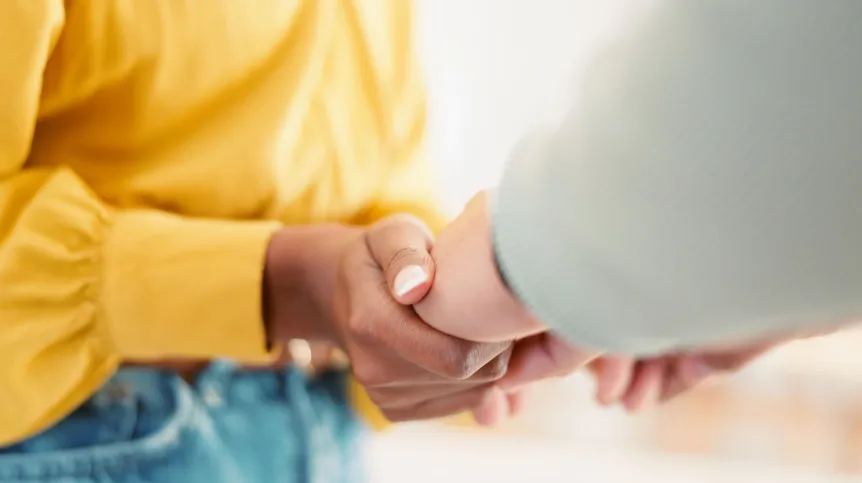
People in a hurry are less nice to others than when they feel relaxed, but mindfulness can help preserve small everyday gestures of kindness, psychologists from the University of Warsaw and SWPS University have found.
To date, research has largely focused on larger prosocial behaviours, such as helping or volunteering.
Psychologists distinguish everyday niceness from politeness, which may be motivated by obligation or personal gain.
Acts of niceness include sincerely thanking a store clerk or greeting a co-worker simply to make them feel good.
“While both helping and everyday niceness are pro-social behaviours, they are not the same – everyday niceness costs nothing. Besides, we have many more opportunities to express niceness every day, practically in every interaction with another person,” said Olga Białobrzeska, PhD, from the Faculty of Psychology at SWPS University in Warsaw, quoted by the university.
Białobrzeska and Dawid Żuk, a doctoral candidate at the University of Warsaw, conducted four studies with 722 participants. Their findings were published in the „Journal of Community & Applied Social Psychology”.
The first study showed that people widely believe hurrying reduces niceness. The remaining studies tested this assumption directly. In controlled experiments, participants under time pressure admitted to being less nice to others than those with more time, and strangers interacting with them also rated their behaviour as less nice.
In the final study, participants reported recent experiences of hurrying and their levels of niceness. They also completed a mindfulness scale. The researchers found that people who felt rushed reported being less nice, but this effect did not appear in participants with high levels of mindfulness.
“Everyday niceness, small, friendly gestures, is crucial for our well-being and interpersonal relationships. Our research shows that people are less nice when they are in a hurry than when they have time and feel relaxed. In today’s fast-paced lives, where people are often in a hurry, this result is especially important. Our research also points to mindfulness as a possible way to maintain niceness, even under pressure,” Białobrzeska said.
She added that the findings have broader implications for lifestyle. “Promoting a slower lifestyle – be it in schools, workplaces, or through social campaigns – offers the opportunity for more niceness, better relationships, and improved well-being.”
(PAP)
PAP - Science in Poland
ekr/ zan/
tr. RL













